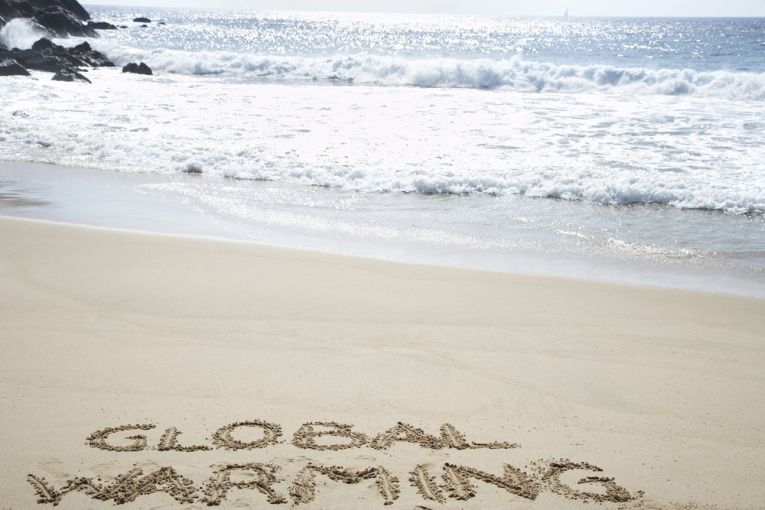10,000 years ago, tiny protists called Hyalinea balthica suffered a warming period, in the middle of the Pacific Ocean, off the coast of Indonesia. Since then, only the last 60 years, since 1950, have seen a greater increase in the temperature of the ocean depths. Yes, it's a global warming story again, but not as you know it.
In the middle of the water columns of the great Pacific, where Hyalinea lived, intermediate temperatures had cooled since that last great warming. Until 1950, that is. Since then the heat absorption by these ocean depths has risen at a rate 15 times greater than before. How this heat will escape from the water and how it will affect the climate of the future is totally unknown.
All we do know is that the greenhouse jigsaw is starting to become complete. We caused this overheating with our emissions. The greenhouse warming "pause" in which we presently find ourselves is also explained by the vast amounts of heat being taken up by the Pacific and other water bodies, over two-thirds of the earth's surface. It now seems the deep ocean can store far more heat than scientists could ever have imagined.
Yair Rosenthal , Braddock K. Linsley and Delia W. Oppo, of Rutgers University in New Jersey, Columbia University and Woods Hole Oceanographic Institution in Massachusetts respectively, present their paper in the Science Journal. What they are saying is that these observed increases on OHC (ocean heat content) and temperature prove to be the robust indicators we need.
The higher measurement of 2.1 degrees Celsius during the middle of the Holocene period is now almost matched by the current rise. It is actually still 0.65 degrees below that maximum. The consensus that we will have rising temperatures up to 2 degrees above current norms means we will soon catch up! The noteworthy point is that changes in these OHC measurements take place much more than in surface temperatures. Basically, maybe we are measuring global temperatures in the wrong way. These indicators give a strong and trustworthy signal that we are way too hot, and increasing!










